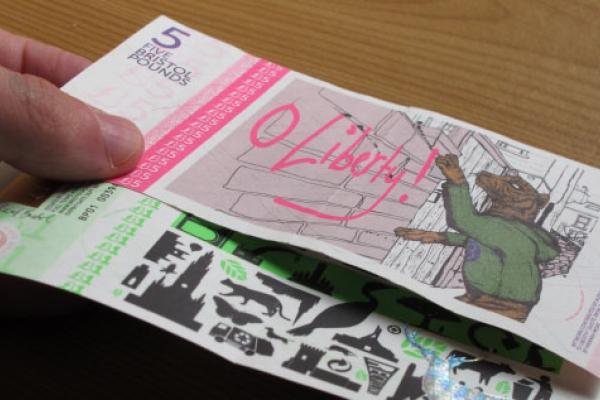Spotlight on research in Belgium
From alternative currencies in Limburg to virus-hunters tracking down the next pandemic, there’s plenty of cutting-edge research and innovation in Belgium. For the open day of European institutions in Brussels, Horizon has gone into its archives and pulled together a list of its top articles featuring scientists in the northern European country.






